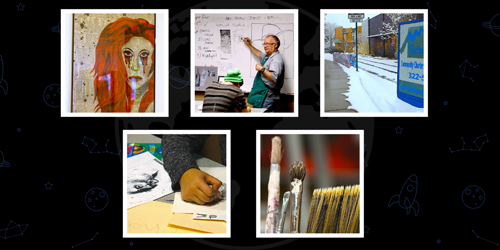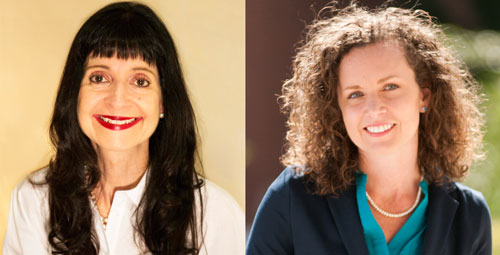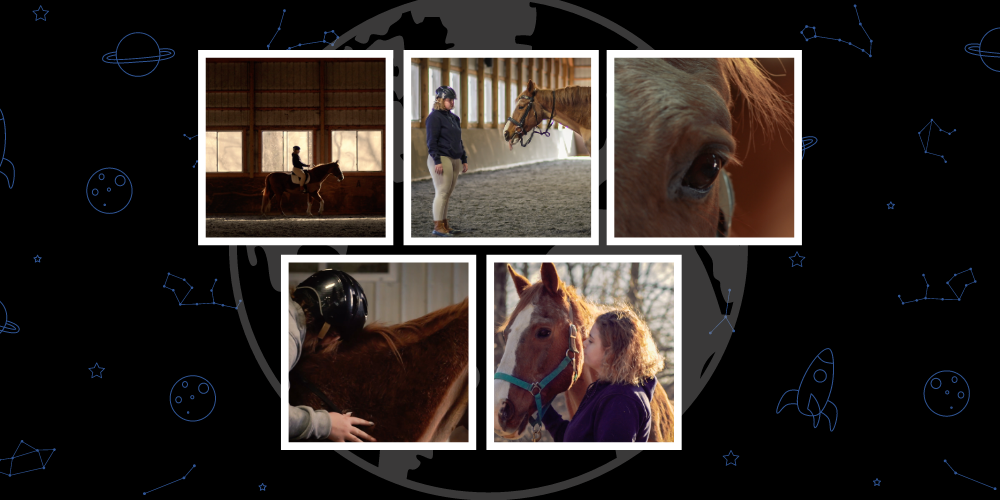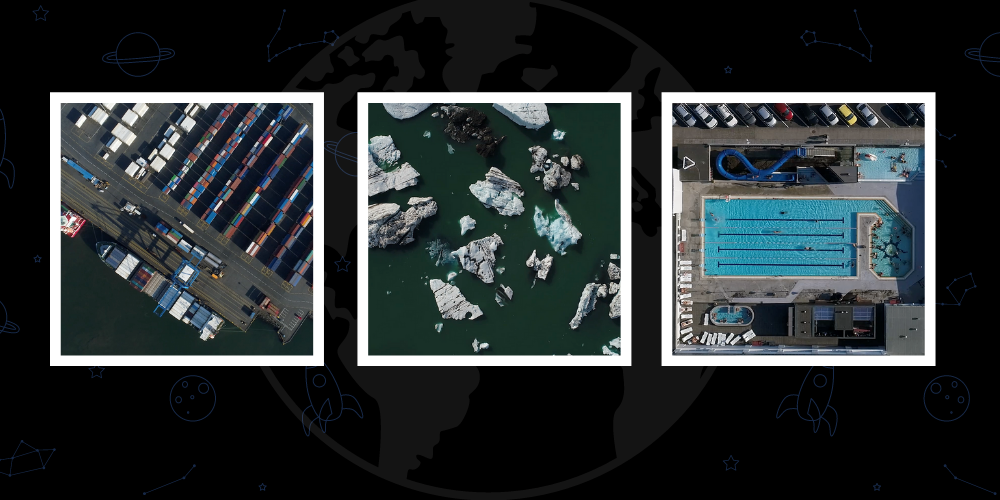What are the ways society should measure success other than testing and numbers? Kari Barber’s Rainshadow film won her the Best Nevada Filmmaker award from the state’s largest film festival. The film (curated for Planet Classroom by KIDS FIRST Film Festival), now screening on the Planet Classroom Network YouTube Channel, follows a Nevada community charter school called Rainshadow. Unlike other schools, Rainshadow embraces and focuses on creativity, which helps its students find purpose and meaning and an outlet to express themselves. However, low test scores make the institution a target for closure.
The Global Search for Education welcomes Kari Barber.
The art department is normally the first program to be cut in a school budget. Why do you think the charter high school Rainshadow put so much emphasis on art?
Rainshadow tried a lot of different approaches to engage students, art was one way they discovered that some students, who had perhaps struggled elsewhere, could find they had a talent they didn’t know they had. It was also a release and escape for students living in difficult situations.
Do you believe there are other ways to measure school success than testing and numbers?
I am not an expert in education, but I think there has to be another way. Perhaps there are ways to qualitatively evaluate students’ learning experience in addition to quantitative approaches. For example, in the film, when students gave their testimony to the School Board, the adults then understood the importance of that school. It should not have to get to that point of stress and heartbreak for students. Are there ways to seek qualitative feedback more regularly through interviews, observation, etcetera?
The students in the school talk about why they can’t deal with their school. Do you think students should be co-creators with their community in determining their education? What reactions have you had from teachers and parents to your story?
I would like the film to be a springboard for such discussions, but because of Covid, we haven’t gotten to do the public screenings and discussions I would like to, and this is the question I was hoping to address at such events. Generally, however, yes, students absolutely need to have a say in how we can create engaging and meaningful learning experiences.
What is the most important message you want your viewers to take away from your impactful documentary?
I have very strong feelings about relying too much on testing. This comes from my own experience as a video instructor at a university. Often my best students are ones who struggled through high school, or didn’t go to the “right school.” I hate to think that some kids give up on themselves because they just have not found the right subject or learning environment yet; that breaks my heart. There are a lot of types of smart and a lot of ways to be successful in one’s life. I think we have to work on broadening how we look at education because it is hurting kids and schools.
Thank you Kari.
C.M. Rubin and Kari Barber
Don’t Miss Rainshadow now screening on the Planet Classroom Network YouTube Channel.







Recent Comments